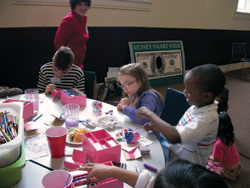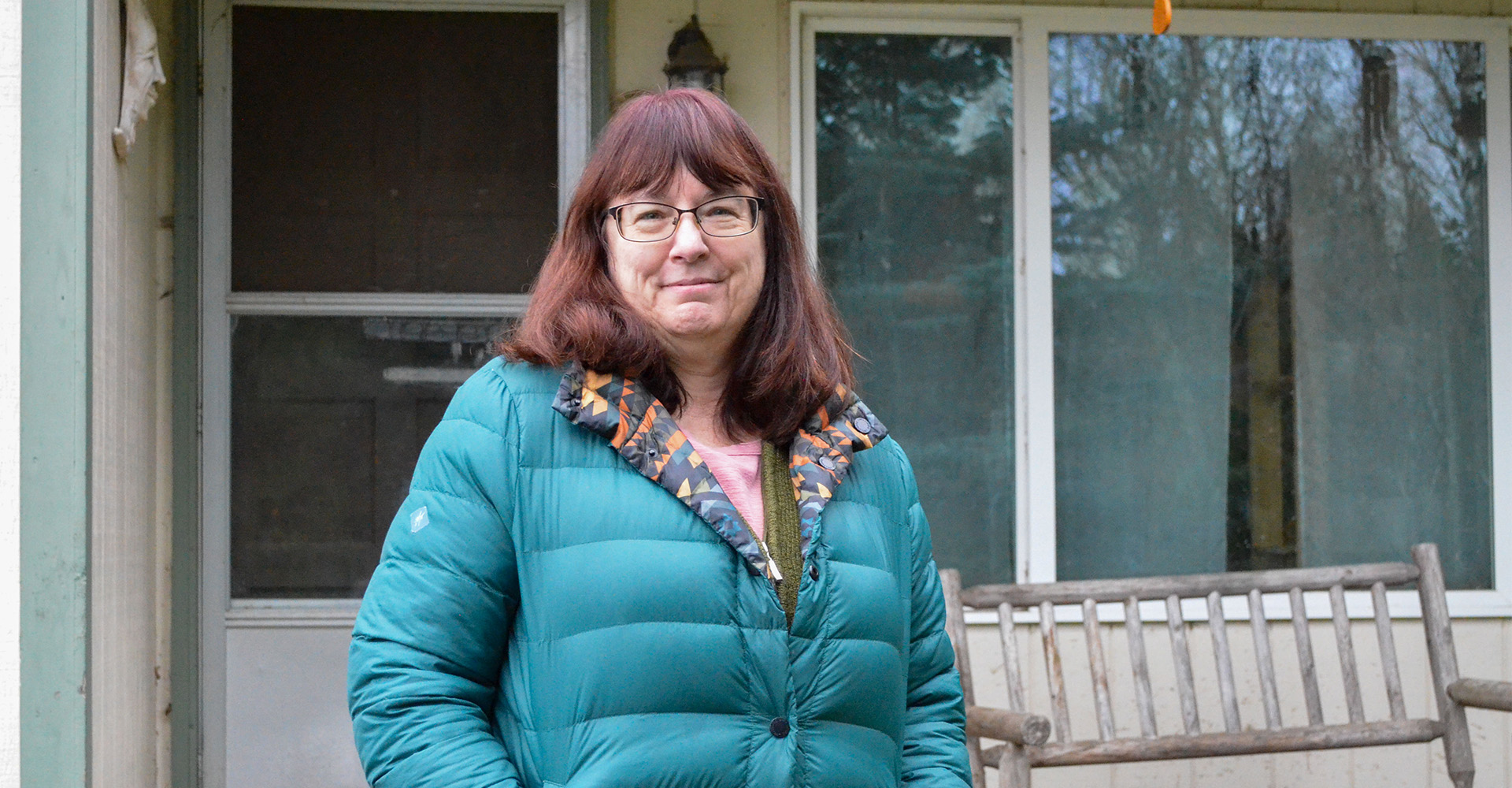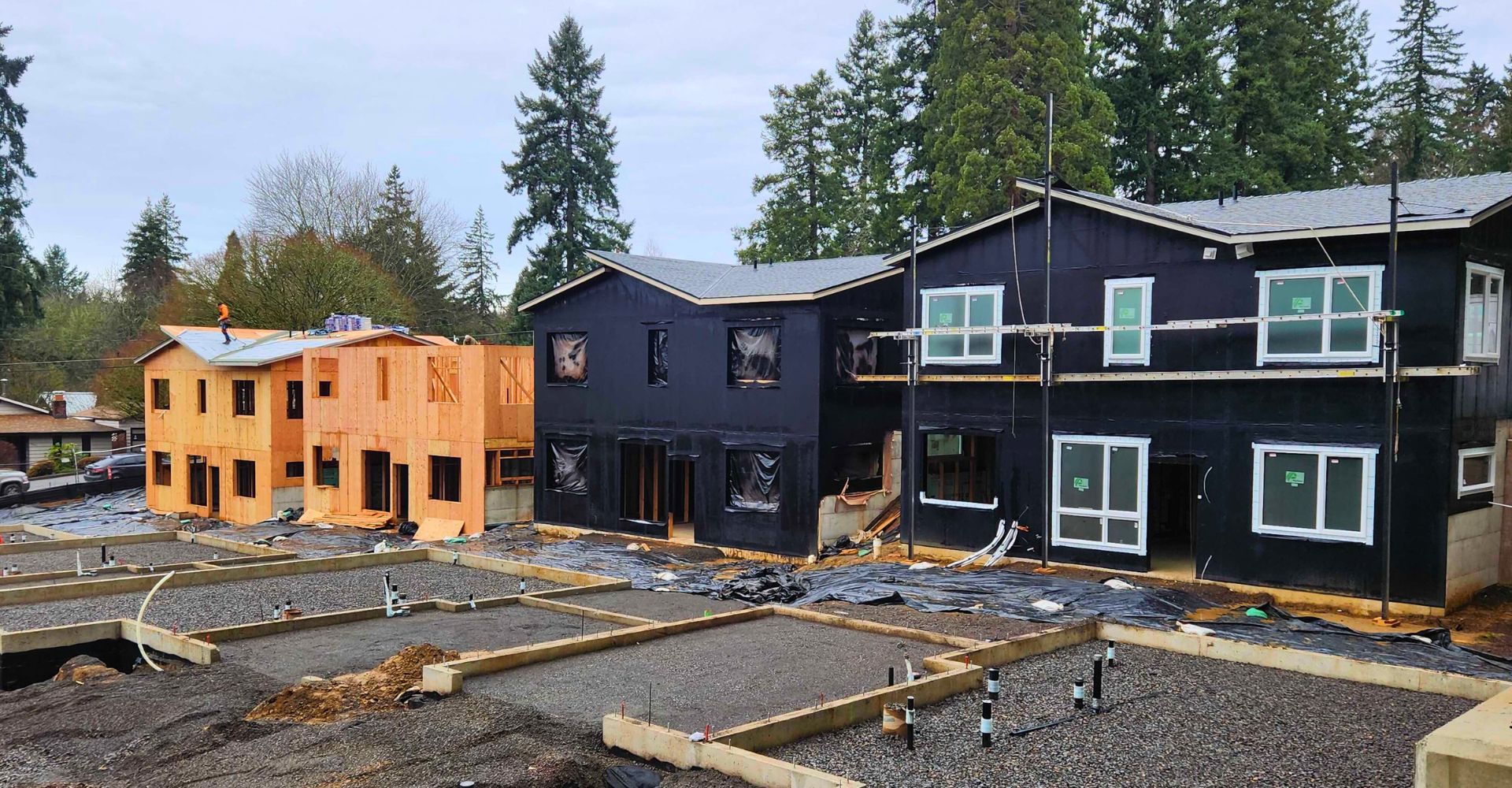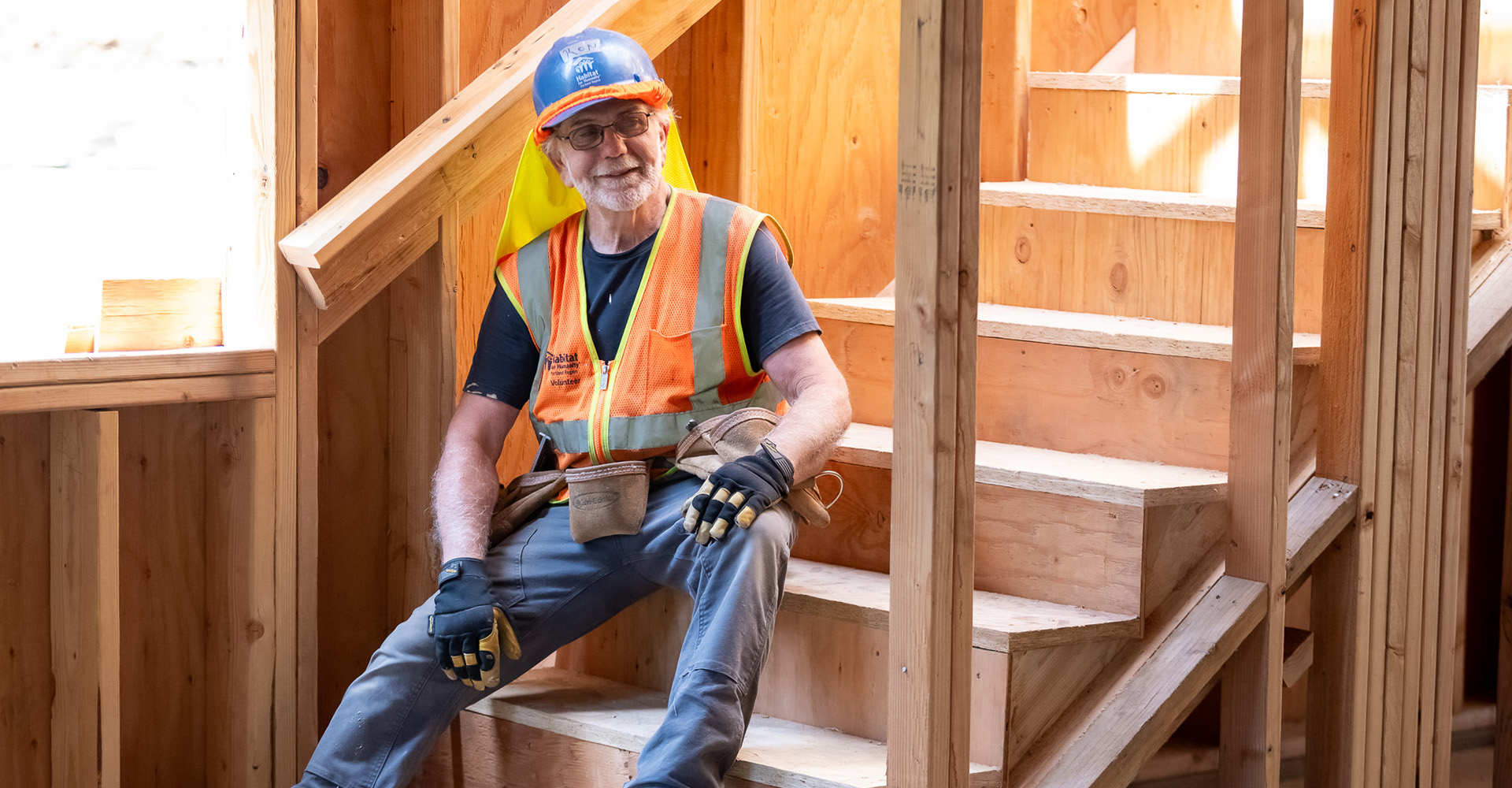 When Habitat for Humanity partner families are accepted into the program, they sign on for more than just buying their own home. Families are required to complete at least 500 hours of sweat equity before purchasing their new home, and in the process, they learn valuable skills to maintain their home long-term. A significant amount of sweat equity time is spent on the construction site, learning building techniques and tool use. However, some sweat equity doesn’t include any sweat at all. Future homeowners also accrue sweat equity by attending Habitat’s homeowner education curriculum, which teaches valuable financial skills that don’t involve hammers or nails.
When Habitat for Humanity partner families are accepted into the program, they sign on for more than just buying their own home. Families are required to complete at least 500 hours of sweat equity before purchasing their new home, and in the process, they learn valuable skills to maintain their home long-term. A significant amount of sweat equity time is spent on the construction site, learning building techniques and tool use. However, some sweat equity doesn’t include any sweat at all. Future homeowners also accrue sweat equity by attending Habitat’s homeowner education curriculum, which teaches valuable financial skills that don’t involve hammers or nails.
The homeowner education classes teach families about financial topics that relate to owning a home. Most of the skills are new to Habitat partner families, who are always first-time homebuyers. Curriculum classes fall into four main categories: financial wellness, home maintenance and safety, career building and information specific to Habitat mortgages. Classes include a diverse range of topics, such as paying taxes, gardening, interacting with homeowner associations and avoiding predatory lenders.
Future homeowners start their education by attending a Financial Fitness course through a HUD-certified provider. An eight-hour course taken over four weeks, the class focuses on budgeting, saving and managing credit. Here, families get an understanding of effective spending patterns and learn to match them with their future goals.
These classes also foster the skills that help families make mortgage payments and still successfully budget for other family needs. From the fundamental knowledge learned in the Financial Fitness course, homeowners continue their financial education by learning more advanced topics like the basics of investing, retirement planning and the importance of having a will.
Through partnering with other community organizations like Financial Beginnings, Habitat is also able to offer unique workshops that bring entire families together to discuss and learn about financial strategies. In April, Habitat parents and children came together for the Dollars and Sense Workshop, which included learning tools that appealed to all ages. Not only was the information useful for parents, but it also taught children basic financial management skills.
For future homeowner Pam Onishi, the Dollars and Sense lessons expanded on what she learned in the Financial Fitness course and also included her grandson in the learning process. Information was presented in a fun format with parents and kids learning side-by-side about using money responsibly.
“The things we learned at the Dollars and Sense workshop were especially good for my grandson,” said Pam. “He learned things that he doesn’t learn in school and we were able to do this activity together.”
Timber Joey, mascot for the Portland Timbers, also made an appearance with his signature chain saw to give away prizes and help raise excitement in the workshop.
Habitat’s homeowner education curriculum also brings Habitat volunteers and future homeowners together off the construction site. Regular construction volunteers teach home maintenance classes using the skills and knowledge they have accumulated on the Habitat work site. These classes allow homeowners to ask specific questions about how to operate and care for their home’s many systems and build upon relationships already established on the construction site.
In addition to the core classes, homeowners have the opportunity to learn more in workshops that focus on fire safety, weatherization and being a good neighbor. We are very fortunate to also have a Habitat homeowner currently teaching future homeowners about gardening and growing food inexpensively in their own backyard.
Habitat continues to forge relationships with other community partners that can help bring families together to become successful homeowners, protecting the investment that they’ve worked hard to own. Habitat has formed partnerships with the Community Energy Project, Innovative Changes, Multnomah County Family Economic Security Project, Oregon Construction Contractors Board, Financial Beginnings and many more local organizations.


